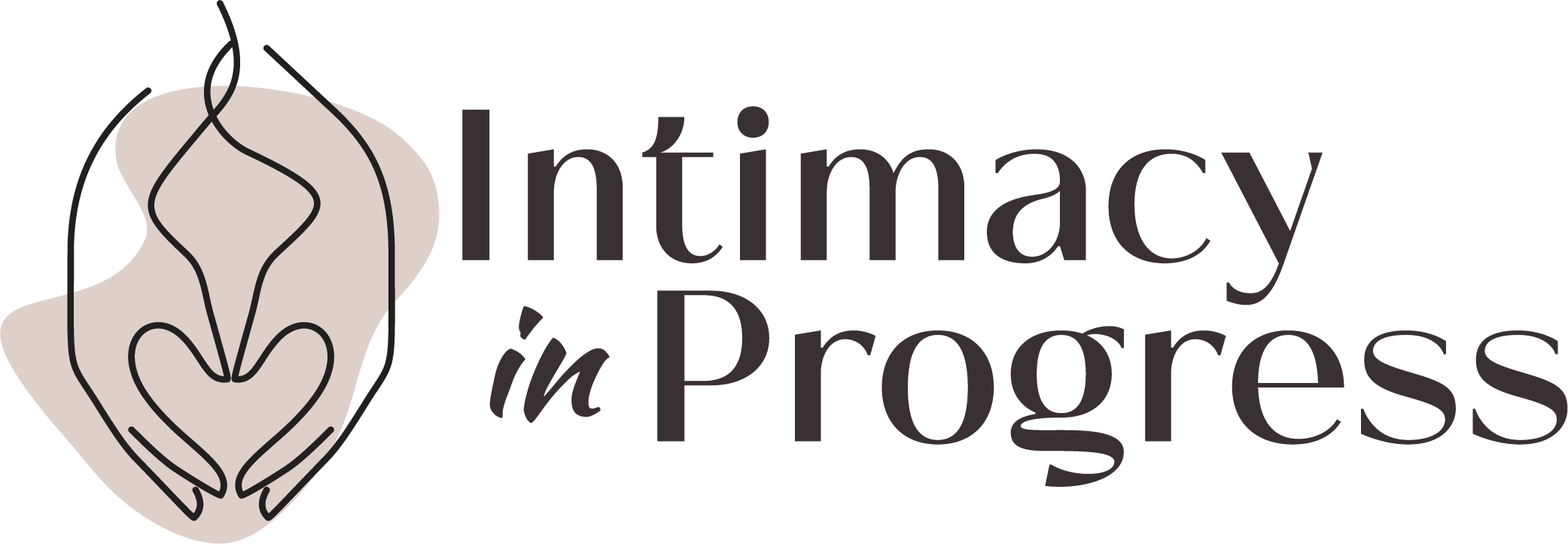You’ve been staring at your phone for what feels like hours, waiting on a reply from your partner. The message you sent earlier still sits there unanswered. You know they have their phone. So… why aren’t they texting you back Your mind starts to spiral.
Maybe I’m not that important to them.
Maybe they don’t care like they used to.
And by the time they walk through the door, instead of greeting them with a “hi,” what comes out is:
“Must be nice not having your phone with you all day.”
They immediately get defensive. You were looking for reassurance, but what you offered instead was an accusation. Now they’re on edge, you’re digging your heels in, and both of you feel misunderstood.
Let’s pause here.
This moment wasn’t actually about the text message.
It was about what that silence triggered inside of you.
Emotional Displacement: When Vulnerability Feels Too Risky
When we experience intense emotions—like fear of abandonment—we often don’t say that out loud. Instead, we shift into blame. This is called emotional displacement: we target the easiest, most immediate trigger (like a text message), rather than addressing the deeper feeling underneath.
And this isn’t because we’re trying to sabotage our relationships.
This is a learned survival instinct.
Being vulnerable—saying “I feel scared,” or “I need to know you’re thinking of me”—can feel incredibly risky. Especially if, at some point, you tried being vulnerable and were met with eye rolls, dismissiveness, or comments like “you’re too sensitive.”
It only takes a few moments like that to teach your brain:
Being soft isn’t safe anymore.
The Cycle That Follows
From that point on, your hurt doesn’t come out as “I miss you” or “I needed comfort.”
It comes out as: “You never care.” “You always ignore me.” “You don’t even try.”
And now your partner—feeling accused—starts throwing things back.
Now you’re both locked in what I call an emotional game of dodgeball.
No one’s winning.
Everyone’s exhausted.
And both of you desperately want to be seen.
The Good News? This Pattern Can Be Repaired.
This emotional dodgeball is something I see in so many of the couples I work with. And the good news is—there’s a way out. There’s a way to stop the cycle of blame and start building a relationship rooted in vulnerability, understanding, and emotional safety.
If this post resonates with you and you’re ready to step out of the dodgeball game, I invite you to explore more resources on my website at Intimacy in Progress.
And if you found this helpful, be sure to follow me for more insights like this.
You’re not alone—and your relationship doesn’t have to stay stuck in this pattern.





